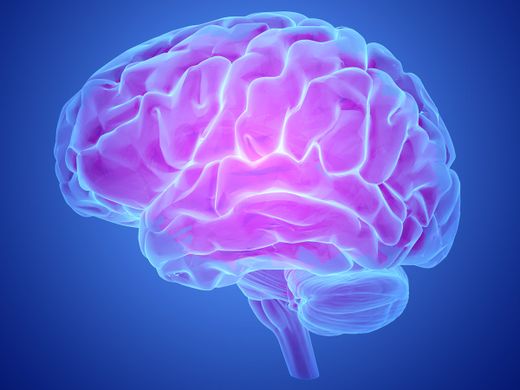How Love Supports Innatism

Innatism
Innatism is the idea that we are born with knowledge predisposed within our minds – That knowledge may both be conceptual, as in that we are born with an understanding of real worldly ideas, or ability knowledge, as in that we are born with the ability to recognise our mother at birth or the ability to cry. Although the idea of humans being born with ability knowledge is easy to argue simply as biological processes, the idea of humans being born with conceptual knowledge is not so easy to argue. Throughout the ages, innatist philosophers have struggled to prove the existence of conceptual Innatism within us, but, it may, however, be possible that our understanding of love, and human emotions in general, are able to prove that conceptual Innatism is a real source in which from we draw knowledge, or at least to a certain extent.

Society's Definition of Love
Throughout our lives, we come to understand what love is through societal descriptions of the emotion. For example, the dictionary definition of love is, “A deep, tender, ineffable feeling of affection and solicitude toward a person, such as that arising from kinship, recognition of attractive qualities, or a sense of underlying oneness.” After simply reading this definition, however, we are still unable to comprehend the actual, physical, feeling of love. Yet when we come to fall in love and feel the physical feeling of love, we are able to comprehend and understand the feeling as what we understand to be the concept of love. When we feel love, we are then able to ascribe the societal definition of love to our feelings, and are able to understand the feeling that society calls love. This means that we are able to innately understand the concept of love, and to a greater extent, our emotions. Therefore, our ability to comprehend our emotions and intuitively link societal concepts to our emotions, proves that humans have some level of conceptual knowledge innately within us. This idea is not exclusive to the emotion of love - It can be applied to all other emotions which we both physically feel, and in which society has attempted to define: Happiness, sadness, anger, guilt, etc.
Emotional Subjectivity
Moreover, the subjectivity of our emotions further supports the theory of conceptual Innatism – We all feel emotions differently and at a different level of intensity to one and other, and yet we are still able to ascribe the same societal definitions of our emotions to the feelings that we feel. For example, love can be a very individual experience, one that could provoke many radically different personal definitions, and yet we are all able to come to the conclusion that the emotion we are feeling is what society calls love. So, although being in love may mean something different to each of us, ultimately, we are all able to comprehend the same emotion and come to the same conclusion that what we are feeling is what society calls love. It could be said that the ability to comprehend our own emotions is simply ability knowledge, but it is the fact that we are able to so easily link our physical emotions to their societal definitions that means we must contain a certain level of knowledge innately.
Thought Experiment
Here is a thought experiment: If humans did not have languages, and we were unable to explain concepts to one and other, or define emotions, would we still be able to understand the emotions we feel? For example, would we still understand the emotion of love as love, despite being unable to link a concept or definition to the emotion we are feeling? If the answer is yes, then we must be born with the knowledge of our own emotions predisposed within our brains. If the answer is no, then our emotions must fail to go beyond concepts, meaning that the physical feelings we feel are simply a placebo effect; A result of societal descriptions, which seeing as we are able to both physically feel emotions and ascribe societal definitions to those emotions, seems highly unlikely. Therefore, the knowledge of our own emotions must be predisposed within our minds at birth. This must then mean that humans have a source of conceptual knowledge in which to draw from at birth.
Conclusion
To conclude, although it may be difficult to prove innate conceptual knowledge, our understanding of love and our emotions at large prove that we must have some level of conceptual knowledge predisposed within our brains at birth. Perhaps innate conceptual knowledge goes no further than our understanding of the concept of our own emotions, but even so, there is clearly a certain level of innate conceptual knowledge within us – We are born predisposed with conceptual knowledge.






